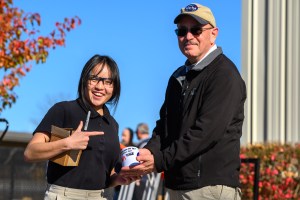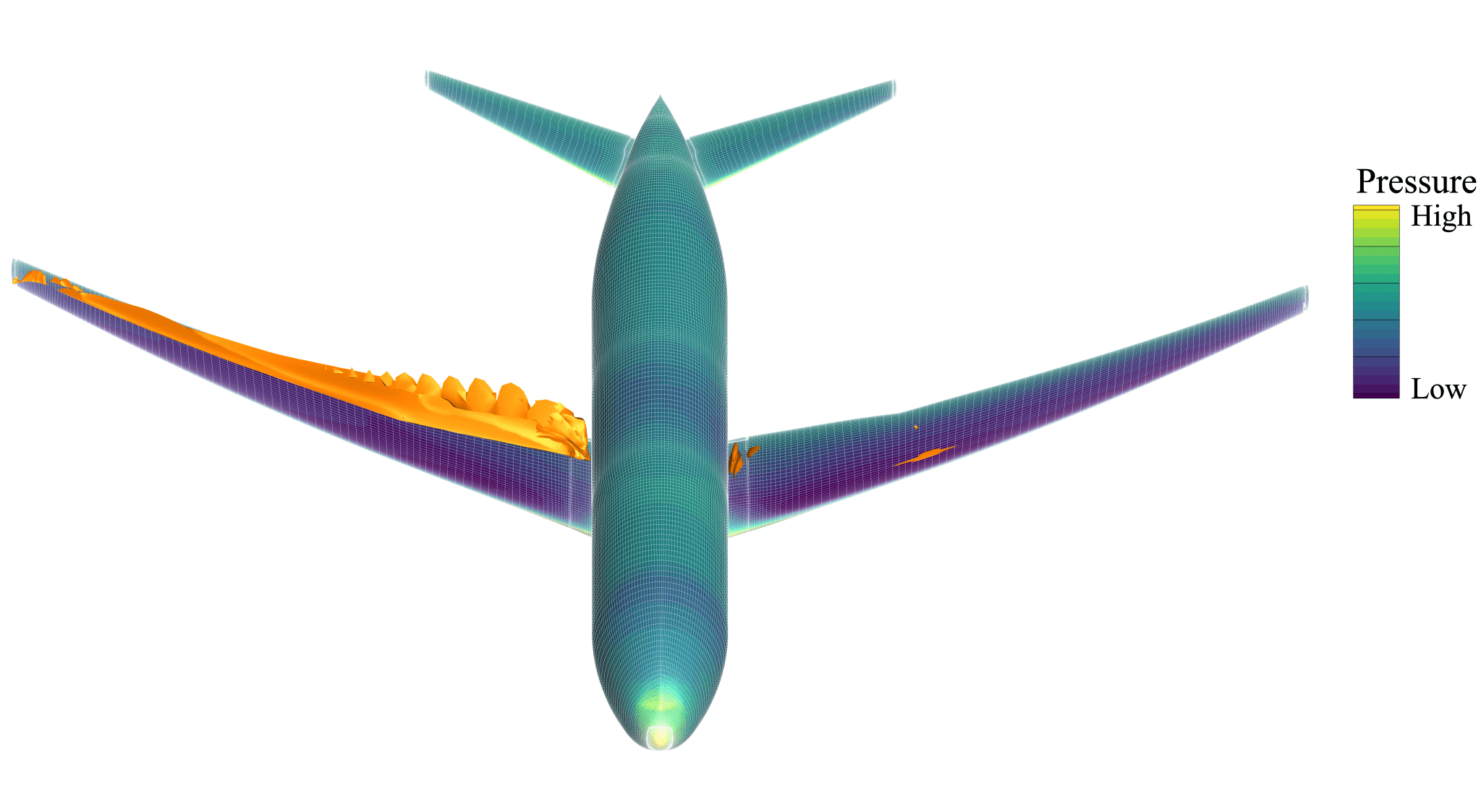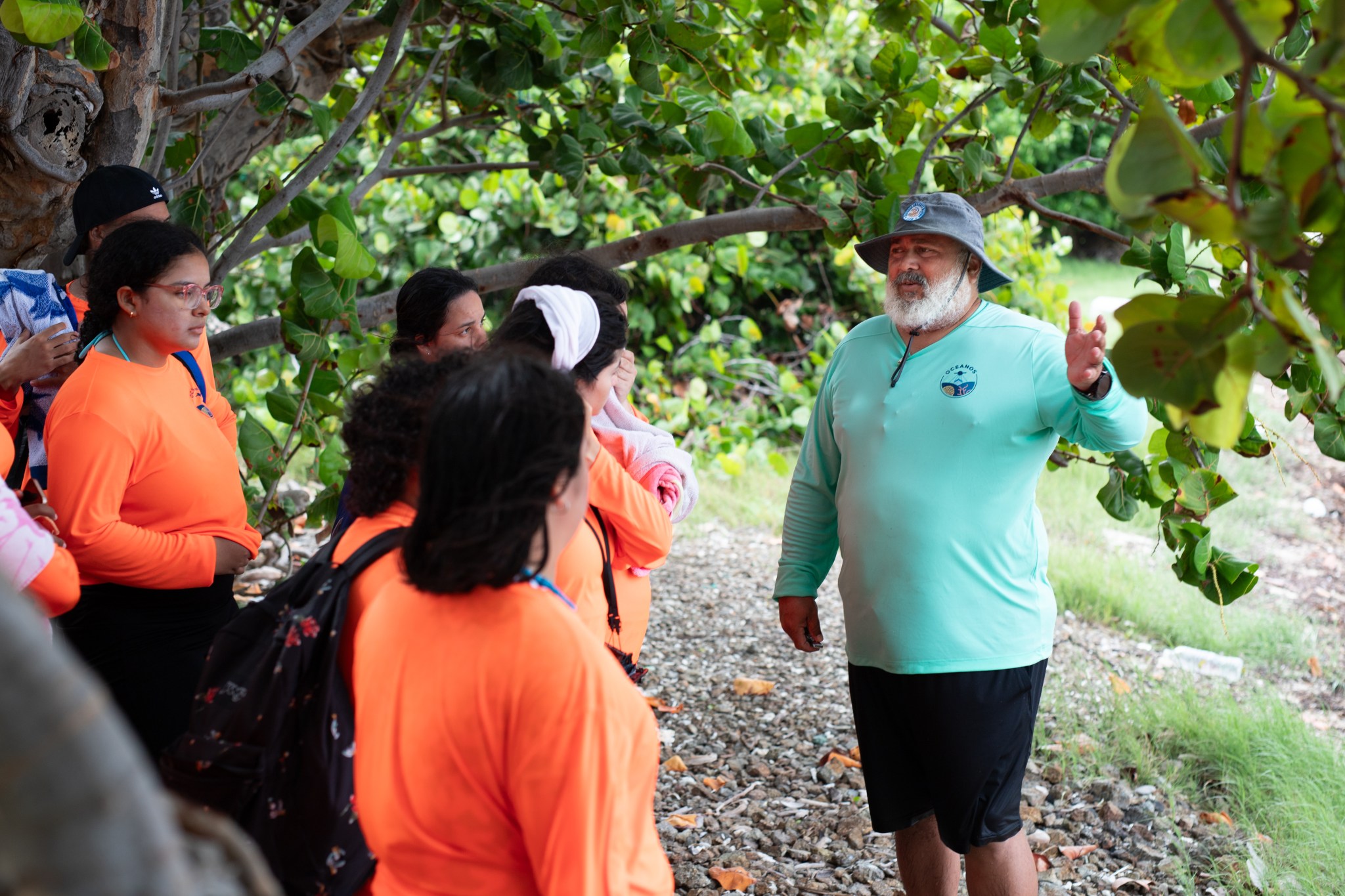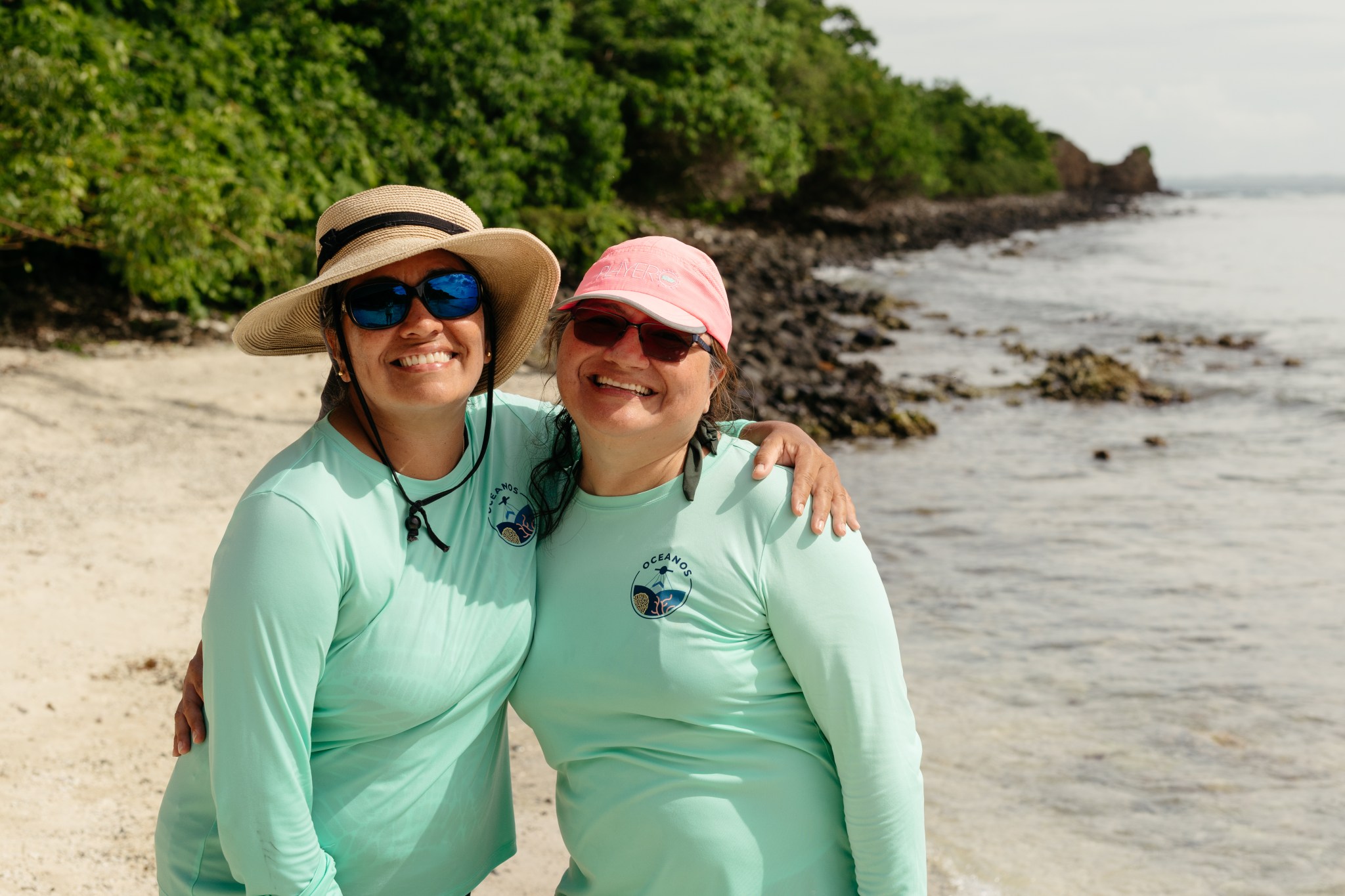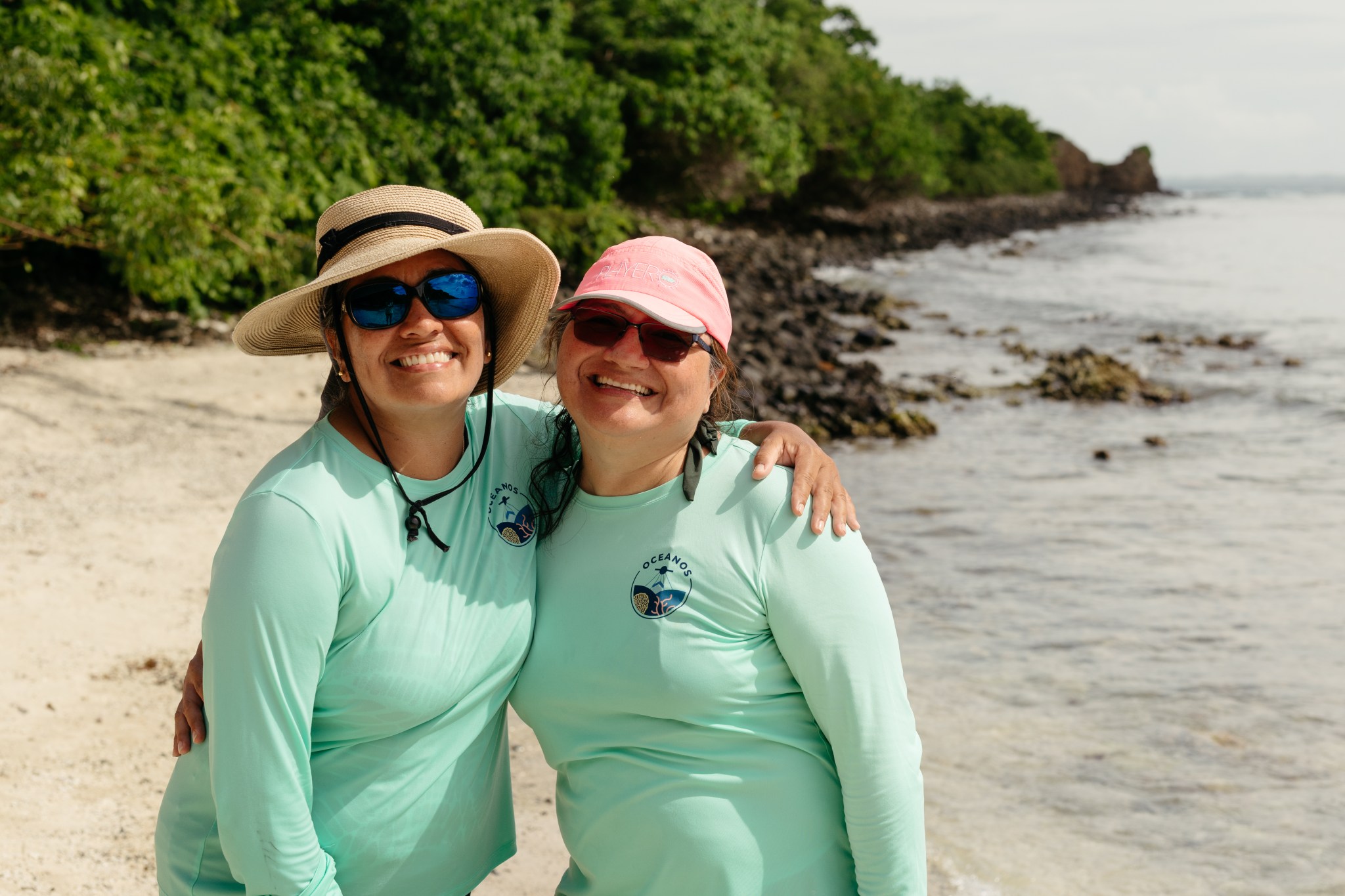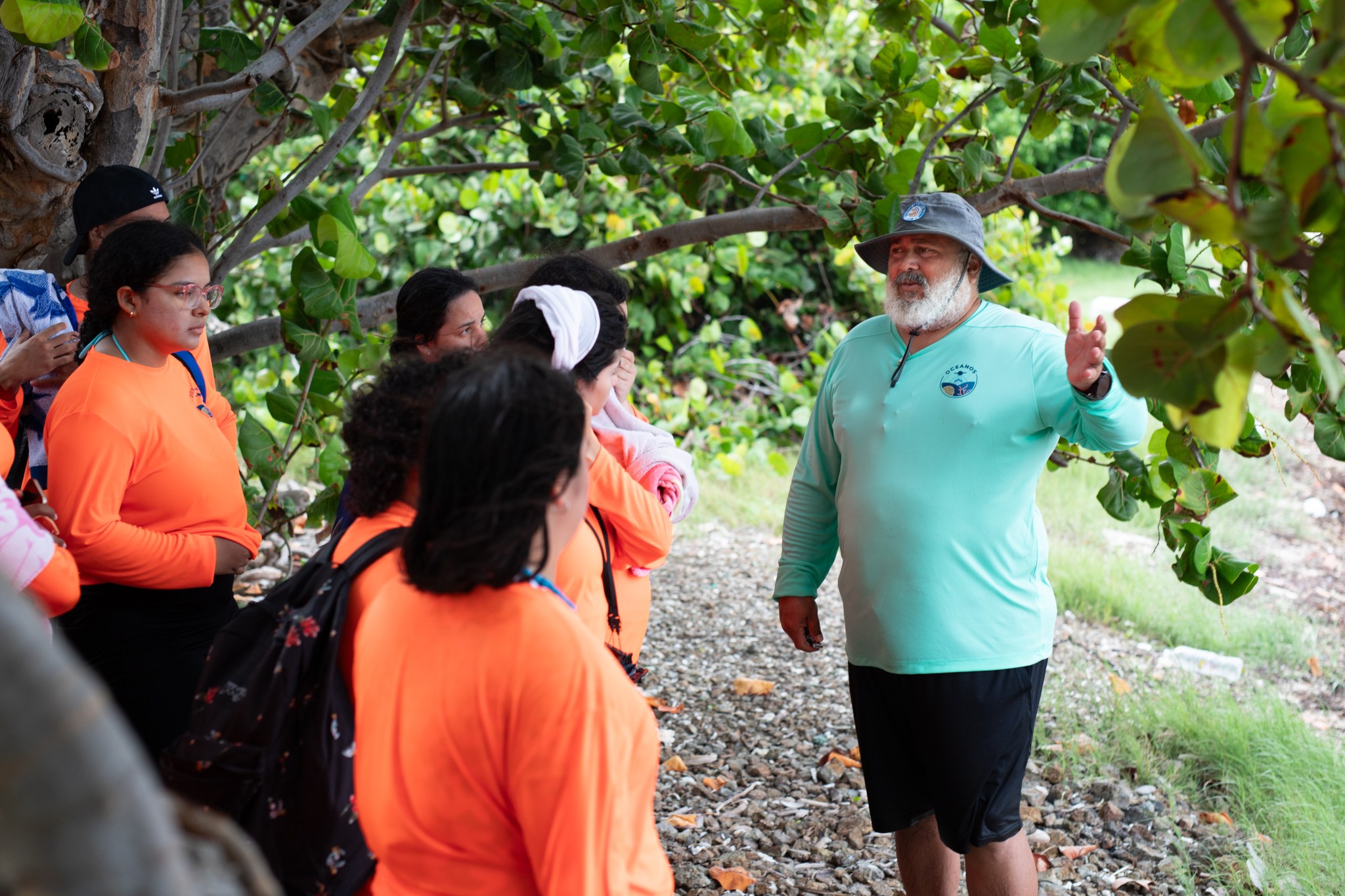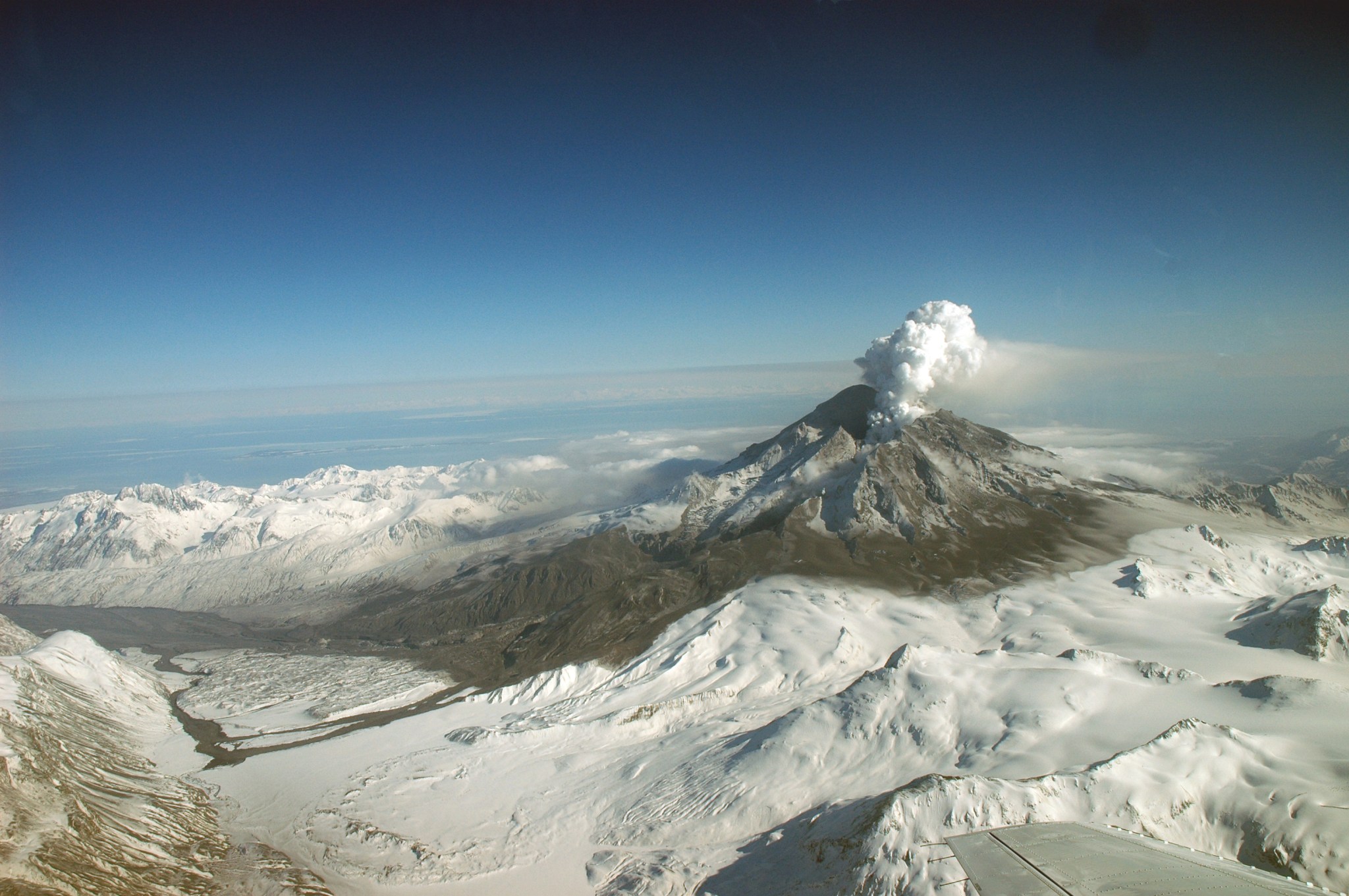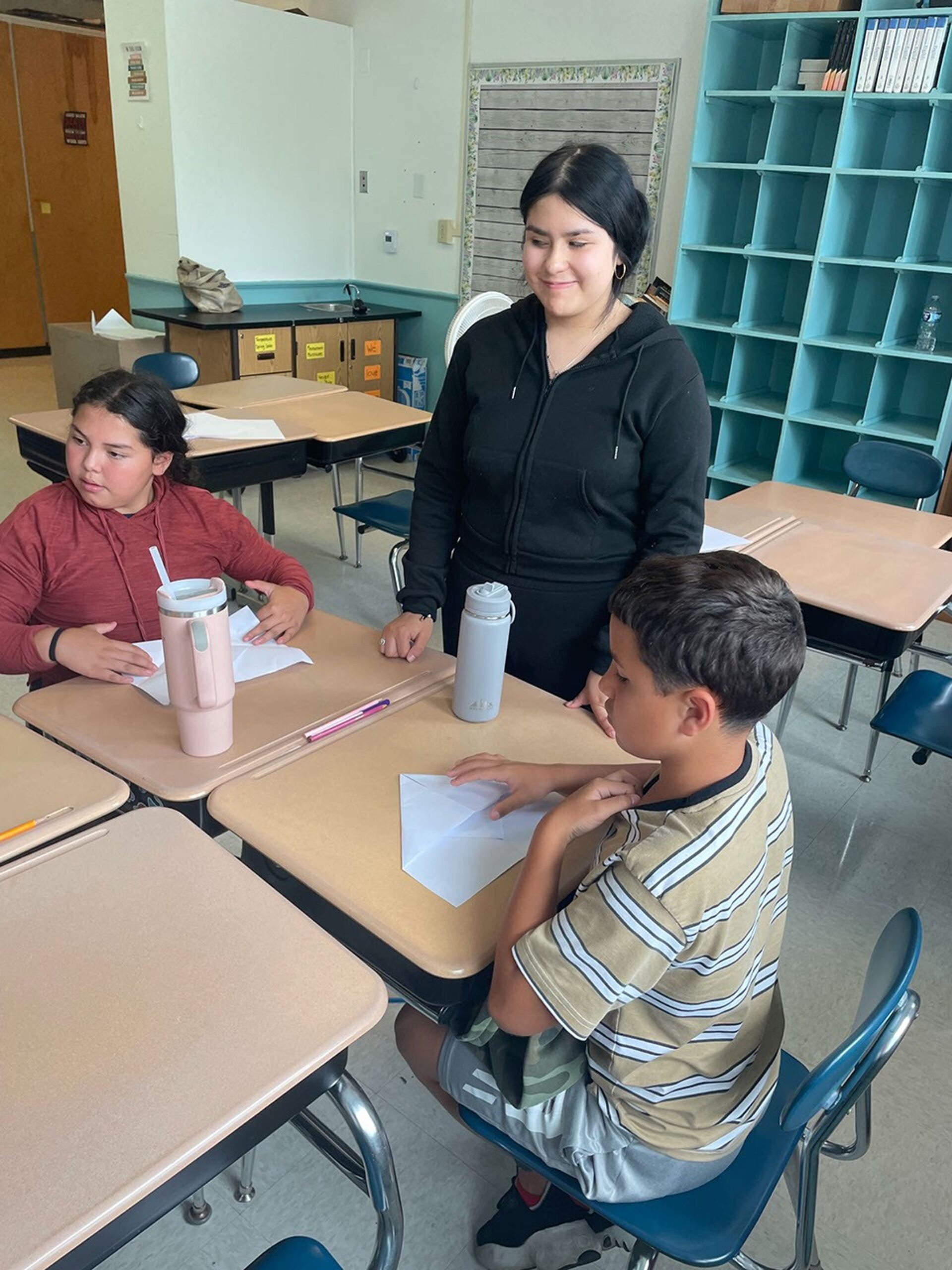Earth Observer Earth Home Earth Observer Home Editor’s Corner Feature Articles Meeting Summaries News Science in the News Calendars In Memoriam More Archives 32 min read Summary of the 2024 NASA LCLUC Science Team Meeting Introduction The 2024 NASA Land-Cover and Land-Use Change (LCLUC) Science Team Meeting (STM) took place from April 2–4, 2024 at the Marriott Washingtonian Center in Gaithersburg, MD. During the meeting, 75 people attended in-person. Represented among the attendees were LCLUC project investigators and collaborators, NASA Headquarters (HQ) program managers, and university researchers and students –…
Read MoreTag: Earth Science
Summary of the Third Annual AEOIP Workshop
Earth Observer Earth Home Earth Observer Home Editor’s Corner Feature Articles Meeting Summaries News Science in the News Calendars In Memoriam More Archives 27 min read Summary of the Third Annual AEOIP Workshop Introduction The Applied Earth Observations Innovation Partnership (AEOIP) was established in 2018 to facilitate knowledge coproduction and optimization of NASA Earth observations that can be used by natural resource managers for decision making. Through continued iteration and reflection, coproduction brings together stakeholders to share responsibilities and the completion of activities towards a common goal. AEOIP enables strong…
Read More2024: NASA Armstrong Prepares for Future Innovative Research Efforts
4 min read Preparations for Next Moonwalk Simulations Underway (and Underwater) NASA/Quincy Eggert NASA’s Armstrong Flight Research Center in Edwards, California, is preparing today for tomorrow’s mission. Supersonic flight, next generation aircraft, advanced air mobility, climate changes, human exploration of space, and the next innovation are just some of the topics our researchers, engineers, and mission support teams focused on in 2024. NASA Armstrong began 2024 with the public debut of the X-59 quiet supersonic research aircraft. Through the unique design of the X-59, NASA aims to reduce the sonic…
Read MoreSix Ways Supercomputing Advances Our Understanding of the Universe
At NASA, high-end computing is essential for many agency missions. This technology helps us advance our understanding of the universe – from our planet to the farthest reaches of the cosmos. Supercomputers enable projects across diverse research, such as making discoveries about the Sun’s activity that affects technologies in space and life on Earth, building artificial intelligence-based models for innovative weather and climate science, and helping redesign the launch pad that will send astronauts to space with Artemis II. These projects are just a sample of the many on display in…
Read MoreEntrevista con Instructor de OCEANOS Samuel Suleiman
3 min read Preparations for Next Moonwalk Simulations Underway (and Underwater) Samuel Suleiman, instructor de la pasantía OCEANOS, enseña a los estudiantes sobre el sargazo y la ecología costera en la Isla Culebra, Puerto Rico, durante la sección de trabajo de campo del proyecto. Suleiman también es el Director Ejecutivo de Sociedad Ambiente Marino: una ONG puertorriqueña que trabaja en la conservación y restauración de arrecifes de coral. NASA ARC/Milan Loiacono Read this interview in English here ¿Cuál es tu nombre y tu rol en OCEANOS? Mi nombre es Samuel…
Read MoreEntrevista con Instructora de OCEANOS María Fernanda Barbarena-Arias
4 min read Preparations for Next Moonwalk Simulations Underway (and Underwater) María Fernanda Barbarena-Arias (izquierda), profesora asociada de biología e instructora de la pasantía OCEANOS, de pie en la arena de Playa Melones, Isla Culebra, durante la sección de trabajo de campo de la pasantía. NASA ARC/Milan Loiacono Read this interview in English here ¿Cuál es tu nombre y tu rol en OCEANOS? Mi nombre es María Fernanda Barbarena-Arias. Soy una profesora asociada al Departamento de Ciencia Natural, específicamente Biología, en la Universidad Interamericana, en el Recinto Metropolitano. Para OCEANOS,…
Read MoreInterview with OCEANOS Instructor María Fernanda Barbarena-Arias
4 min read Preparations for Next Moonwalk Simulations Underway (and Underwater) María Fernanda Barbarena-Arias (left), an associate professor of biology and instructor for the OCEANOS internship, stands on the sand of Playa Melones, Culebra Island, during the field work section of the internship. NASA ARC/Milan Loiacono What is your name and your role with OCEANOS? My name is María Fernanda Barbarena-Arias. I am an associate professor of biology at the American University of Puerto Rico, Metropolitan Campus. I am also a co-PI in the OCEANOS project, and an instructor and…
Read MoreInterview with OCEANOS Instructor Samuel Suleiman
3 min read Preparations for Next Moonwalk Simulations Underway (and Underwater) Samuel Suleiman, an instructor for the OCEANOS internship, teaches students about sargassum and shore ecology on Culebra Island, Puerto Rico, during the fieldwork section of the project. Suleiman is also the Executive Director of Sociedad Ambiente Marino: a Puerto Rican NGO that works in conservation and coral reef restoration. NASA ARC/Milan Loiacono What is your name and your role with OCEANOS? My name is Samuel Suleiman and I am the Executive Director of Sociedad Ambiente Marino: an NGO in…
Read MorePowerful New US-Indian Satellite Will Track Earth’s Changing Surface
6 min read Preparations for Next Moonwalk Simulations Underway (and Underwater) The NISAR mission will help researchers get a better understanding of how Earth’s surface changes over time, including in the lead-up to volcanic eruptions like the one pictured, at Mount Redoubt in southern Alaska in April 2009. R.G. McGimsey/AVO/USGS Data from NISAR will improve our understanding of such phenomena as earthquakes, volcanoes, and landslides, as well as damage to infrastructure. We don’t always notice it, but much of Earth’s surface is in constant motion. Scientists have used satellites and…
Read MoreIntegrating Relevant Science Investigations into Migrant Children Education
Learn Home Integrating Relevant Science… Earth Science Overview Learning Resources Science Activation Teams SME Map Opportunities More Science Activation Stories Citizen Science 3 min read Integrating Relevant Science Investigations into Migrant Children Education For three weeks in August, over 100 migrant children (ages 3-15) got to engage in hands-on activities involving blueberries, pollinators, and eDNA as part of their time with The Blueberry Harvest School (BHS). BHS is a summer school program for migrant children whose families work in Washington County, Maine during the wild blueberry harvest season. The…
Read More

